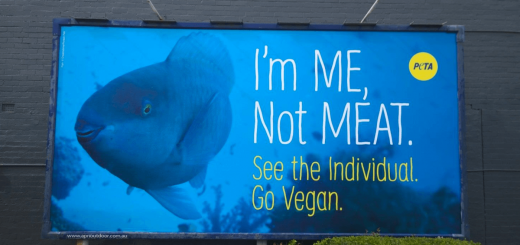Sour Gripes

Like pretty much all publicity, the heavy reportage of the Siyum HaShas at MetLife Stadium earlier this month was something of a two-edged sword. Over the weeks since the Siyum, awareness of the event likely inspired many Jews to undertake Daf Yomi and legions of others to aspire to a greater degree of Jewish study and observance. It also brought the very idea of Torah study to the attention of large numbers of our fellow Jews who may have, in reading or watching reports about the Siyum, for the first time confronted Torah study as a real-life ideal.
All the reportage of the Siyum and Daf Yomi, however, also provided grist for some grumbling mills.
“The question is how much depth does one really get into with a Daf Yomi kind of approach,” sniffed Conservative Rabbi Steven Wernick of the United Synagogue of Conservative Judaism. “It’s breadth over depth,” he pronounced, explaining helpfully, and risibly, to the Jewish Telegraphic Agency how “the Conservative approach to Jewish study tends to be more depth-oriented.”
Who knew?
And then there was Arnold Eisen, the chancellor of the (Conservative) Jewish Theological Seminary, who penned an opinion piece for the Wall Street Journal on August 9 about the Siyum and Daf Yomi’s implications for non-Orthodox Jews.
He began with a short history of Daf Yomi, quoting Rav Meir Shapiro and acknowledging how the Siyum HaShas, whose first celebration included “only a small group of participants,” had now brought “some 90,000” to join in the main event, with “thousands more participat[ing] online.”
It constitutes “a remarkable achievement,” he writes, “bearing witness to the vitality of Orthodox communities and the impressive network of Orthodox educational institutions that engage Jews in study from childhood through retirement.”
So much for the objective, honest assessment part of the op-ed.
But ah, Mr. Eisen continues, Daf Yomi “deprives students of a precious opportunity to raise difficult questions about meaning and truth.” He laments that a participant in the program “misses the chance to engage in the traditional back-and-forth arguments over facts and implications that have breathed life into Talmud study for centuries.” (Apparently he’s never attended one of the more lively Daf Yomi shiurim out there.)
And—in case you were waiting for the other shoe (the fashionable one) to drop—Mr. Eisen also takes care to add that his critique “is even truer if women are absent from the table as learners and teachers—still the case at most Orthodox lessons.”
All the de rigueur lamentation off his chest, the chancellor then turns, finally, to what “the rest of the Jewish world” can “learn from this grand study of the Talmud.”
“How,” he asks, “can they be offered a sense of community and meaning? What learning could galvanize non-Orthodox Jewish minds, stir our hearts, nourish our souls?”
Good and worthy questions, without doubt. In fact, they are questions we Orthodox Jews should be asking too.
Mr. Eisen’s answer begins in a promising enough way. He proposes “a different page for Jewish learning,” one that “would cleave faithfully to texts, rituals, history and faith.” Beautiful: a Perek Chumash Yomi, or Perek Tehillim Yomi, or a Halacha Yomis. But Mr. Eisen isn’t finished. The course of daily Torah study he has in mind is “one that is open to the larger world and bears the impact of modern thinking,” one that is “informed by art, music, drama, poetry, politics and law.” A “passage from Job,” he suggests, “would be accompanied by clips” from a movie about a Jew; “the poetry of Isaiah could be explored side by side with that of the late Israeli poet Yehuda Amichai.”
Note to Mr. Eisen: You’re missing something fundamental about Daf Yomi’s success—for that matter, about the Orthodox community’s success.
There may be times when the larger world’s cultural products or wisdom might meaningfully augment a Jew’s understanding or appreciation of Torah concepts. But adulterating the study of Torah with contemporary cultural offerings turns it into a sterile hybrid.
Please try to understand that truism, and share it with those who look to you for guidance. May we merit that you all join us for the 13th Siyum HaShas.
© 2012 AMI MAGAZINE
The above essay may be reproduced or republished, with permission and the above copyright appended.
Communications: [email protected]
Subscribe to Ami at http://amimagazine.org/subscribe.html .




Recent Comments